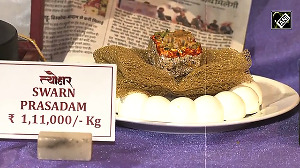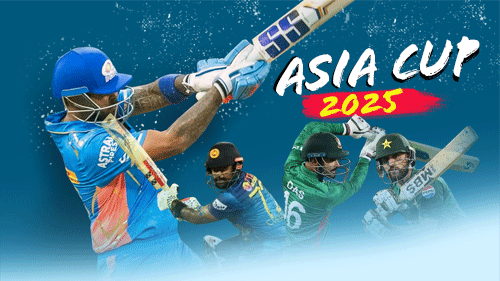"Yes -- it is sad when a team loses but we will be there to talk with fans and help remind them of the more important things in life," said Father Matthias Boensmann, a Catholic priest from Dortmund, who will make himself available to fans throughout.
"I hope people come to us for comfort though I'm sure some supporters will still seek solace in alcohol instead," he added.
Among the hundreds of thousands to visit Germany will be supporters from more fervent nations such as Brazil, Mexico or Poland.
The host nation's powerful Catholic and Protestant churches have set up a vast programme of events to cater to their needs ranging from confessions to foreign language services.
Father Boensmann will spend much of his time working in the non-denominational prayer and meditation area of Dortmund's "Fan Village", a converted exhibition centre right by the soccer stadium which will house 4,000 fans during the tournament.
"It will be an area where people can find peace," he said.
| |||||||||||
"Football has a lot of religious elements, though it is a pseudo religion which can be dangerous," he said.
"For some football assumes the significance of a god and a religion but you can not build anything lasting on such fanatical belief."
"HAND OF GOD"
The priest added the manifest faith of some football players who cross themselves before taking penalties or who pray for God's help on the pitch could prove a good advert for religion and teach more inhibited Christians how to express belief.
He remembers the stunned silence from German television commentators after the Brazilians knelt down together in a circle and prayed after winning the Confederations Cup.
"They didn't know what to say," he said.
The reliance of players such as Argentine Diego Maradona on a mix of skill and the grace of God, have often baffled and intimidated non-believing opponents.
His "hand of God" goal of 1986 has gone done in football folklore.







